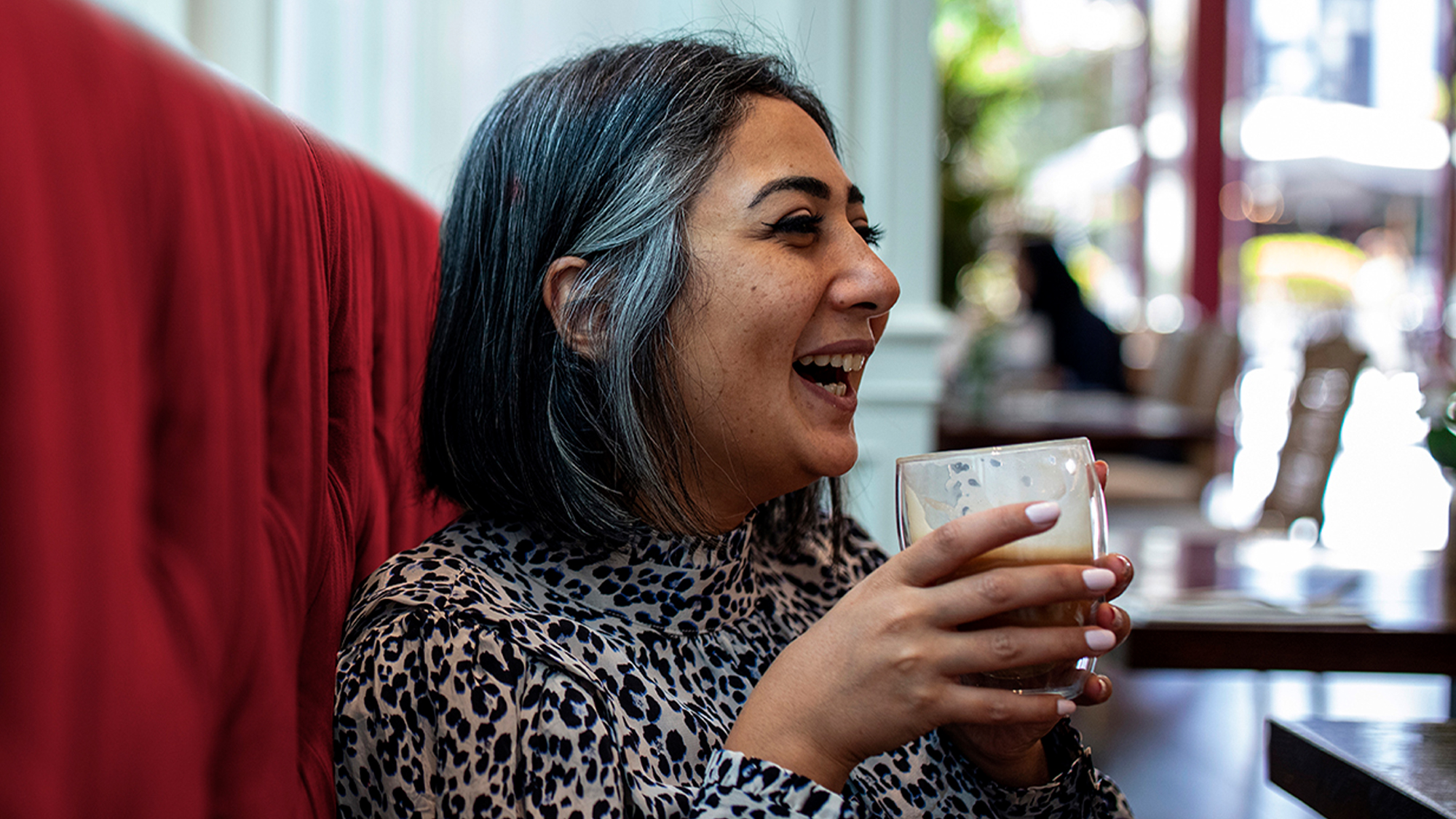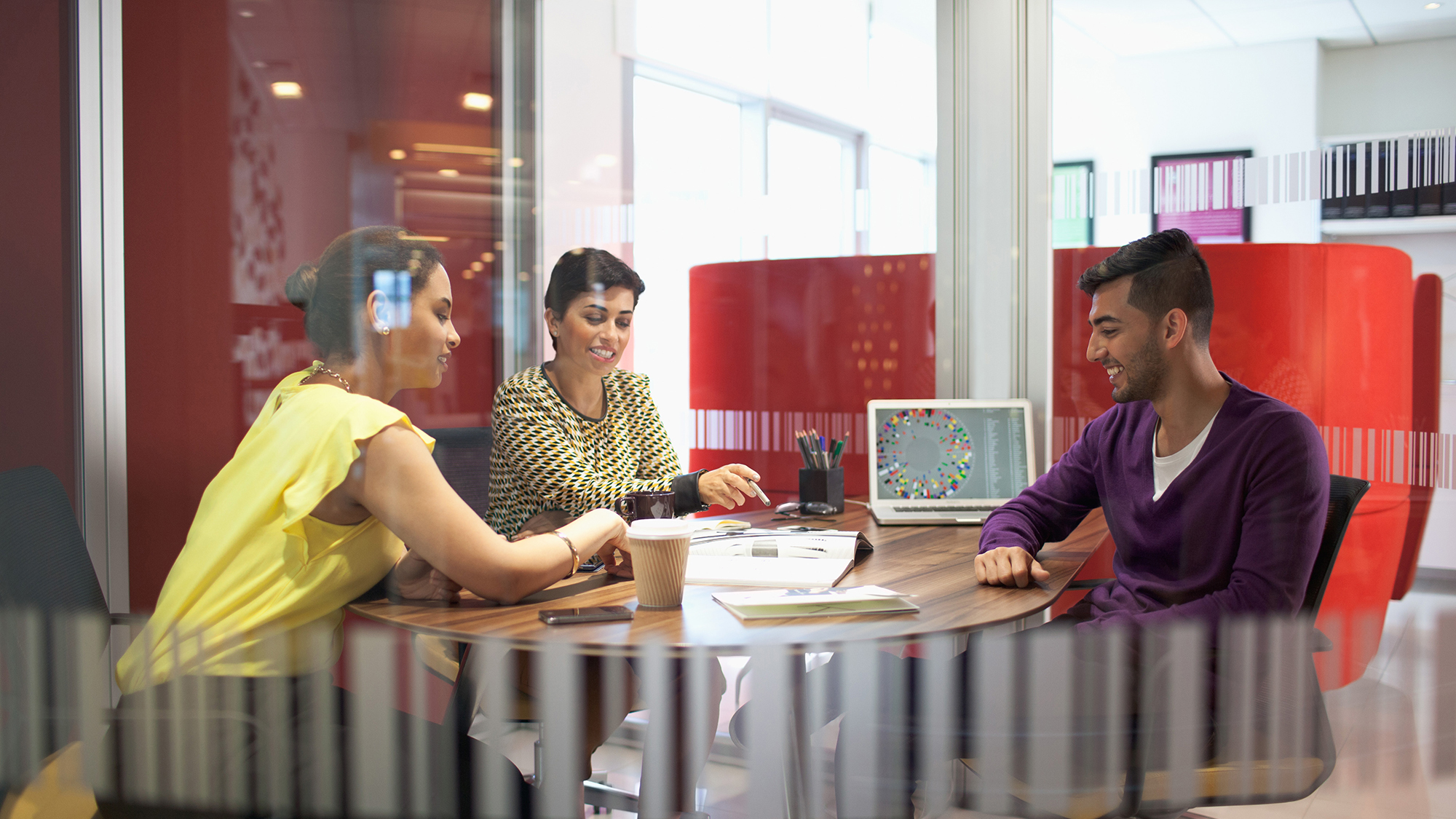
The exchange rate for euros (EUR) to AED, for example, tells you how many Emirati Dirhams you'd get for each euro you exchange.
So, if the exchange rate for EUR/AED is 4.0, you'd get 4 Emirati Dirhams for every euro you exchange.
And exchange rates are reversed if you go the other way. If the AED/EUR rate is 0.25, you'd get €0.25 for every Emirati Dirham you exchange.
Here’s the quick way to work out how much of another currency you’ll get when you’re exchanging: take the amount of money you want to exchange, and multiply it by the rate offered.
Example - you want to convert €500 to AED:
Alternatively, if you want a specific amount of a currency - for example, for holiday spending - you can divide that amount by the exchange rate to work out how much of your local currency you'll need to convert.
Example - you need €750 for a trip to Europe:
The above examples don't include any fees, so depending on how you're exchanging currency, you might need to factor those in.
You might also get a different exchange rate than the 'market rate' depending on how you're exchanging money.
For example, paying for things in your own currency when you're abroad in shops or restaurants can often be more expensive than paying in the local currency. This is because the exchange rate is calculated by the retailer at the point of sale, and it can be higher than your bank or card provider's rate.
Explore more: Spending in the local currency outside of the UAE
There are various ways to exchange currencies, and the best method for you will depend on why you need to exchange, how often you'll be doing it, and the type of service you need.
Some common reasons to exchange currencies include:
If you need cash for a trip, a local exchange house might offer you the best exchange rate.
Or, you might find it easier or more secure to withdraw cash from an ATM when you arrive at your destination. Check with your bank how much you'll be charged on top of the exchange rate.
While you'll definitely need some cash for emergencies, you might find it cheaper to use your debit or credit card to pay in the local currency when outside the UAE.
If you're sending money outside the UAE, you'll want to weigh up the convenience and costs of doing it through online banking versus an online transfer service or another method.
Learn more about the different options and how much they cost, here (UAE article to be added).
Explore: What is our Global Money Account?
Have you ever returned from holiday and found that your holiday money is now worth less than when you bought it? It's not a great feeling to add to the post-holiday blues.
But of course, it can go the other way, too. There are plenty of reasons why currencies fluctuate, but here are some of the main ones:
A small amount of inflation isn't bad for an economy. It can show there's an increasing demand for products and services, and people are buying things - which means they have money to spend.
But too much inflation can be bad. Goods and services become less affordable - including essentials, like food, energy, and rent.
The Central Bank of the UAE (CBUAE) regulates inflation by setting interest rates. To try to reduce inflation, it puts interest rates up.
This is because when interest rates are higher, borrowing money becomes more expensive and saving money gets more rewarding. And as people save more, they spend less, so prices start to come back down due to lower demand.
High interest rates can also increase the value of a currency because it becomes an attractive investment and more international investors buy the currency. This creates demand for that currency, and causes it to rise in value.
Similarly, if inflation is too low, the CBUAE can lower interest rates to make borrowing and spending more attractive than saving. This can also lead to less international investment in the currency and it falling in value.
You can view the UAE's current inflation figures, interest rates and exchange rates on the CBUAE website.
The trading relationship of a country or region with the rest of the world can also impact its currency.
Generally speaking, if a country exports more than it imports, it will typically have a stronger currency. This is known as a trade surplus, as opposed to a trade deficit.
A country's imports and exports can change for a number of reasons - from the demand and availability of resources, to political and cultural factors.
Market expectations play a big part in exchange rate fluctuations, as currencies are constantly being traded by investors.
As well as inflation, interest rates and trade, other economic data - such as Gross Domestic Product (GDP), unemployment rates, and political stability - affect those expectations.


Find out whether it's cheaper to pay in the local currency when you're outside the UAE.
